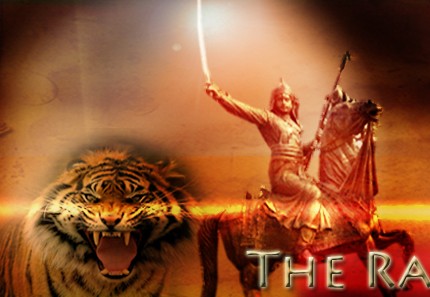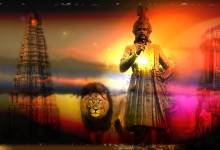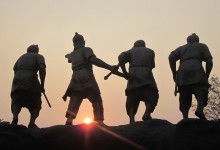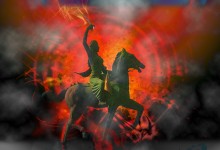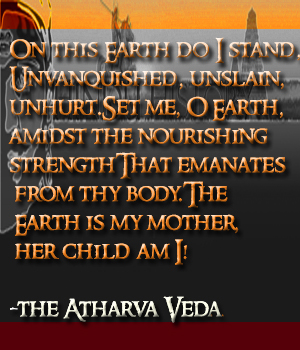Posts Tagged ‘The Creed of the Aryan Fighter’
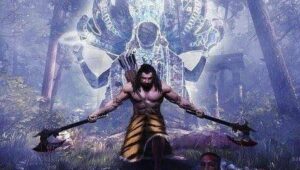
The Ideals of the Kshatriya – Warrior
It is clear to Sri Krishna that Arjuna will not be swayed by philosophical considerations alone, and he therefore next turns his attention to the role and highest ideals of the warrior caste, the kshatriya, to which Arjuna belo...

